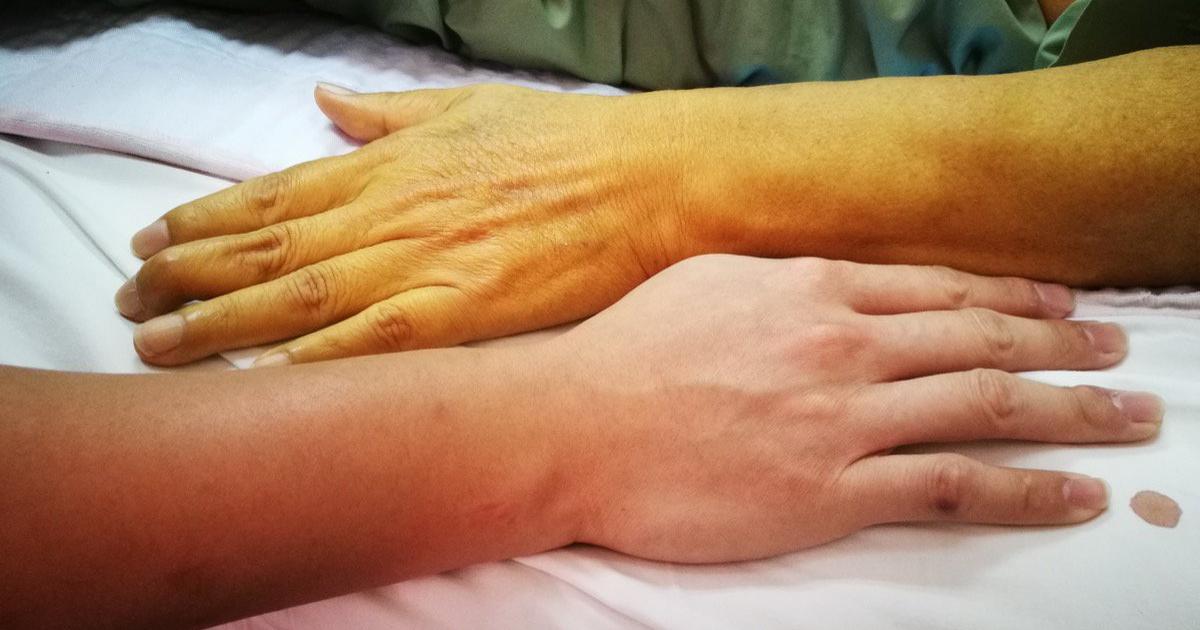What Are The Warning Signs Of Small Intestine Cancer?
Small intestine cancer is an uncommon disease where mutations occur in cells that make up the small intestine tissues. These mutations cause cells to multiply out of control and form a tumor. The small intestine is located after the stomach, but before the large intestine. The small intestine's function is to absorb nutrients from the foods individuals have consumed. There are five variations of small intestine cancer. Adenocarcinomas are growths that begin in the small intestine lining that can become malignant. Sarcomas occur when the soft tissue of the small intestine develops a malignancy. Carcinoid tumors are usually found in the lower part of the small intestine and secrete abnormally large amounts of body chemicals. Gastrointestinal stromal tumors are a rare variation of this cancer that starts in the stomach. Intestinal lymphomas are cancers that begin in the lymph nodes and spread to the small intestine.
Several warning signs can signal the presence of cancer in the small intestine.
Anemia

Anemia is a condition that occurs when the body does not have enough functioning red blood cells to deliver adequate amounts of oxygen to the cells around the body. There are a couple of ways anemia can be an indicative symptom of small intestine cancer. A cancerous growth in the small intestine tissues can ulcerate and bleed profusely, and the loss of blood from the circulatory system can result in a low count of red blood cells. A malignant tumor in the jejunum or first section of the small intestine can cause damage, erosion, and dysfunction of the internal intestinal lining. This damage can cause poor absorption of a mineral called iron from food. Iron is essential for the production of hemoglobin or the substance that allows cells to transport oxygen around the body. Furthermore, a malignant tumor that develops in the lower part of the small intestine or the ileum may also cause injury or erosion to that region of the intestinal lining. This damage can inhibit the proper absorption of vitamin B12, which is required for the bone marrow to steadily produce new red blood cells to replace the old ones that naturally die off. Anemia results when vitamin B12 levels are so low that more red blood cells are dying than are being produced.
Uncover more symptoms of small intestine cancer now.
Jaundice

Jaundice or hyperbilirubinemia is characterized by the yellowing of the skin and whites of the eyes due to too much bilirubin in the blood. In healthy individuals, the liver processes bilirubin into bile fluid that is then stored in the gallbladder. When the bile fluid is needed for digestion, it leaves the gallbladder and moves through the common bile duct into the small intestine. It is then used to break down fats in food into fatty acids for intestinal absorption. Bile fluids are finally reabsorbed by the lower part of the small intestine or the ileum. After being reabsorbed, bile fluids are resynthesized by the liver and go through the same process again. This mechanism keeps bilirubin in the blood at the proper level. However, some patients develop a malignant tumor in the upper part of the small intestine that blocks the entrance of the bile duct into the small intestine. The tumor stops bile fluid from draining from the bile duct into the intestine, causing it to accumulate. Once the bile ducts, gallbladder, and liver are at capacity, the bilirubin spills into the bloodstream. Too much bilirubin in the blood causes jaundice because of bilirubin's strong yellow pigmentation.
Get more information regarding small intestine cancer warning signs now.
